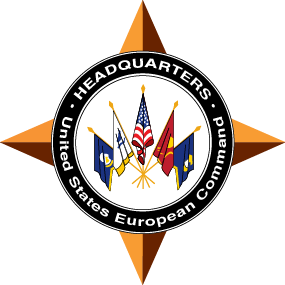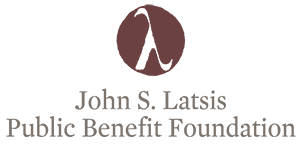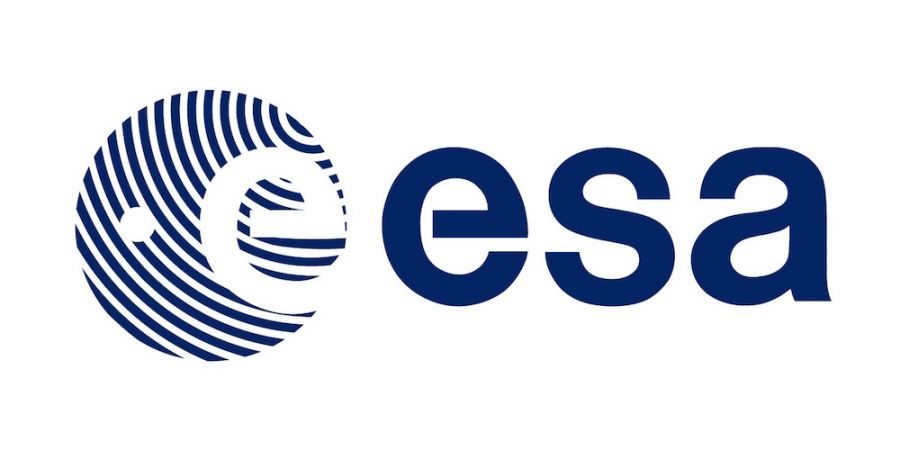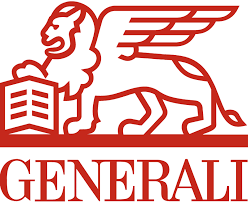
About
‘What the chief says’ events are exclusive, small, informal and off the record regular roundtable debates which offer our members the exclusive opportunity to engage directly and get to the heart of a specific policy issue with a senior decisionmaker from a European institution or government. These events are geared to be in tune with the interest of our members and are strategically linked to emerging trends within the EU sphere. It allows us to focus on the opportunities and identify the possible challenges in the European Commission’s own agenda and provides the possibility to go into greater depth and discuss the ‘nitty gritty’ of policies affecting Europe in the next five years and beyond. Over the course of 2021 the monthly ‘What the chief says’ series will be inextricably linked with the new EU mandate.
The speaker gives a short, 10-minute introduction to the topic under discussion, after which the floor is open to any possible comments or questions which may be posed to the speaker for the remaining 50 minutes.
This debate is oversubscribed and we are therefore unable to accept any more registration. We nevertheless hope to welcome you for the other upcoming ‘What the chiefs say’:
- What’s the scorecard on Member State recovery plans? (15 April): Join Dragoș Pîslaru, Member of European Parliament and co-rapporteur of the Recovery and Resilience Facility (RRF), to discuss how Member State recovery plans aim to answer the call of the twin green and digital transitions, as well as what mechanisms are needed to ensure that states meet their targets. More information here.
- The new industrial strategy for Europe – Refit or Rethink (28 April): Join Giulia del Brenna, Head of Unit for Strategy and Regulation: Single Market and Industrial Policy at the European Commission Directorate-General for Internal Market, Industry, Entrepreneurship and SMEs (DG GROW) one day after the much-awaited release on the European Industrial Strategy update to discuss whether it meets the objectives to ensure that industries can lead the green and digital transition with the speed and the scale of transformation that the covid-19 crisis has shown is needed. More information here.
Schedule
A year ago, the European Commission unveiled “Next Generation EU” (NGEU) as part of the EU’s long-term budget, becoming “the largest stimulus package ever” aimed at tackling the economic and social effects of the coronavirus pandemic. After months of troubled negotiations between European institutions, Member States are now working around the clock to present their recovery and resilience plans.
COVID-19 has also triggered the largest social protection programme ever, with governments massively spending in guarantee schemes, keeping people in jobs and companies afloat during the crisis.
The choice of which sectors to still support and for how long, alongside the role of the private sector, will be paramount in getting the economy back on track and enabling a more sustainable growth model. To reap the benefits of this unprecedented blueprint, governments must guarantee that citizens are placed at the heart of the process.
Before the European Commission is allowed to borrow on capital markets, the ratification of the Own Resources Decision by the 27 Member States represents a decisive step but can still be a potential bottleneck and source of delay.
Questions include:
- What needs to change for the NGEU to succeed?
- What are the risks in the short to medium term of the ‘Own Resources’ model?
- Is there a scorecard in place that helps track ambitions, absorption and capacities of EU members states?
- How can the role of the private sector be incentivised and maximised in the investment of the recovery plans?
speaker
Gert Jan Koopman
European Commission Director-General for Neighbourhood and Enlargement Negotiations (DG NEAR)
moderator
Dharmendra Kanani
Chief Operating Officer and Chief Spokesperson of Friends of Europe
Speakers

European Commission Director-General for Neighbourhood and Enlargement Negotiations (DG NEAR)
Gert Jan Koopman is the Director-General of the Neighbourhood and Enlargement Negotiations. Prior to this, he served as the director-general of the European Commission’s budget department. In this role, he contributed to putting in place the European Union’s €800bn NextGenerationEU recovery plan, as well as the €18bn MFA+ for Ukraine. He has worked to enable its financing on the capital markets through a sovereign-style funding system. Having served the EU for nearly three decades, Koopman was previously in charge of state aid control at the Commission’s Directorate-General for Competition. His earlier assignments included senior management posts in the department for economic and financial affairs, the Commission’s economic service, as well as enterprise and industry, which supervises the smooth running of the single market.

Chief Operating Officer and Chief Spokesperson of Friends of Europe
Prior to joining Friends of Europe, Dharmendra Kanani was director of policy at the European Foundation Centre (EFC). He was the England director at the Big Lottery Fund, the largest independent funder in the UK and fourth largest in the world. Dharmendra has held senior positions in the public and voluntary sectors and advisor to numerous ministerial policy initiatives across the UK.
*Consultant at Friends of Europe.
Continue
the debate on
- Debating Europe








